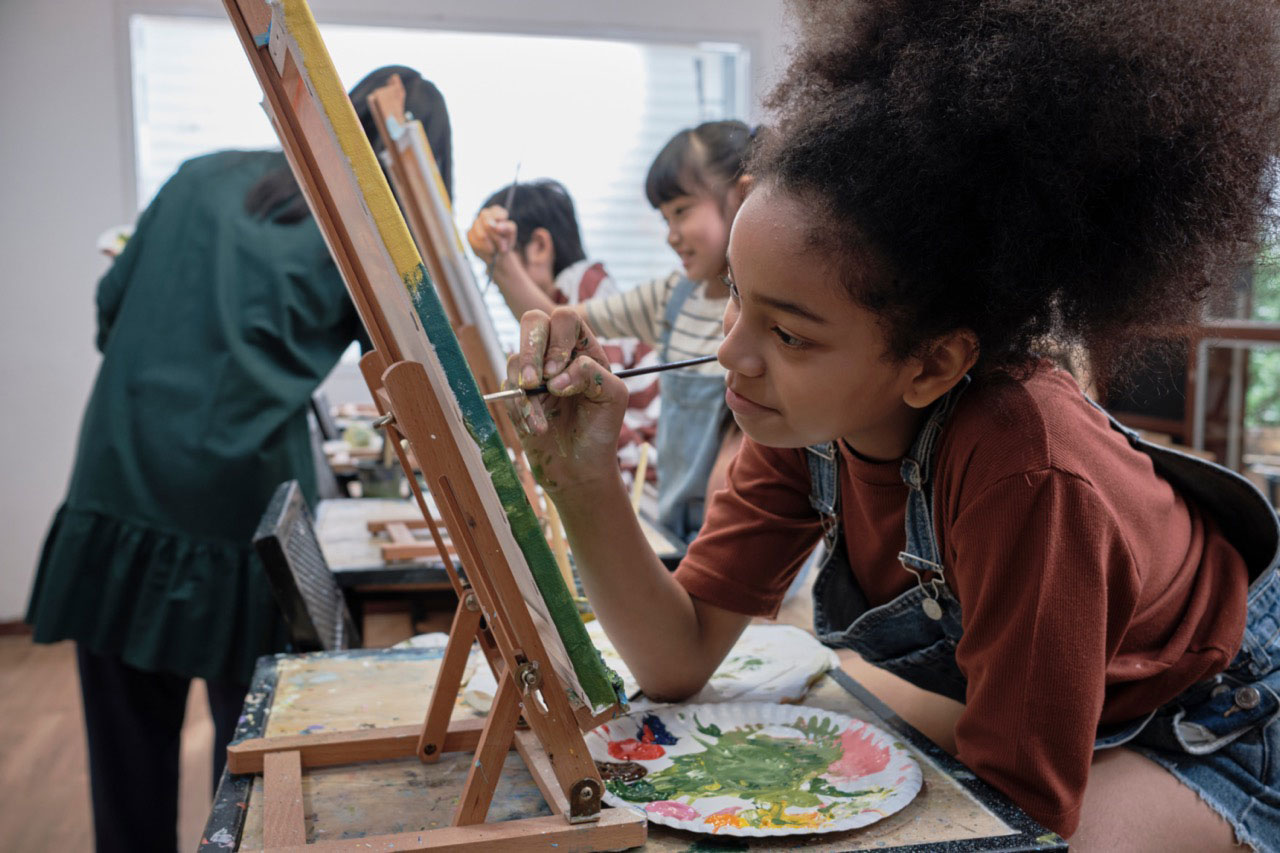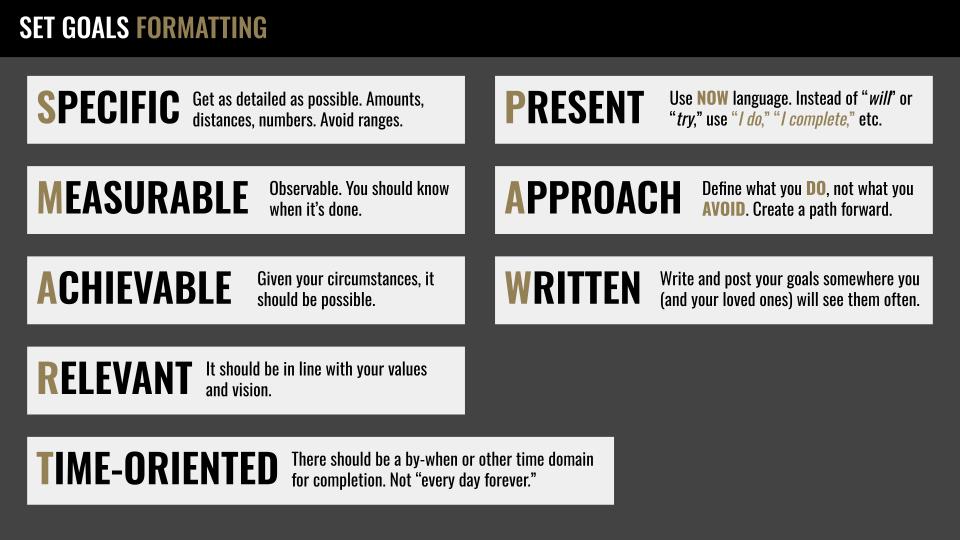When we undergo a traumatic event, we may feel that our lives are changed forever. Trauma can have a profound impact on how we think, feel, and behave, and can lead to later chronic physical and mental health problems. Trauma can manifest in a variety of ways, such as feeling sad, irritable, depressed, angry, frightened, numb, confused, overwhelmed, and may bring with it feelings of grief. And while we know a lot about how trauma impacts adults, we know far less when it comes to children and adolescents (1,2,3).
Luckily, in the past decade or so we have learned a lot about how trauma, namely different types of trauma, impact the brain of adolescents and youth. There have also been numerous breakthroughs in how to treat trauma in children and adolescents. Today’s article will briefly summarize what we know, what we don’t know, and what we can do to help children and adolescents who are coping with traumatic experiences.
What We Know
At first glance, trauma is difficult to define. When we think about traumatic experiences, our first instinct might be to think about the death of loved one, physical, emotional, or verbal abuse, bullying, or even witnessing or directly experiencing violence at home, at school, or in your community.
Historically speaking, research used to only conceptualize trauma as a response to specific events, like a shooting, the events of 9/11, natural disasters, war, etc. Today, the study of trauma has become more comprehensive, and encompasses events that occur over time and are less localized to a specific time and place. This could include experiences of racism, perceived discrimination, parental neglect, childhood loneliness, and peer exclusion, among many others.
Today, we know that there are similarities between adults and youth in how they respond to traumatic events. For example, both children and adults are more likely to have worsening school performance, display greater difficulty managing their emotions, engage in avoidance behaviors, experience suicidal thinking, abuse alcohol or drugs, feel excessive guilt, engage in risky sexual behavior (sometimes even when not age appropriate), and have difficulty sleeping.
Additionally, traumatized individuals are at an increased risk for depression, anxiety, and many other psychological disorders and physical health issues, such as heart attacks and high blood pressure, among other serious health conditions. However, it should be noted that not everyone who goes through or witnesses a traumatic event will necessarily develop symptoms, and that not all symptoms that are developed will look the same.
Despite having extensive knowledge on the signs and symptoms of trauma in adults and children, we know less about how trauma impacts the brain, especially the developing brain of children. This is crucial information, because sometimes symptoms do not show until much later in life, yet can still impact the brain structure and functioning of a child.
Victor Carrion, the current director of the Stanford Early Life Stress Research Program, has published extensive research detailing the effects of trauma and stress on the developing child and adolescent brain. In his research, he has shown that children exposed to traumatic stress show differences in key structures of the brain, including the hippocampus, the memory center of the brain, and the prefrontal cortex, the region that processes critical thinking skills, personality, and emotion regulation. Other research has shown that trauma can alter perceptions of threat, which significantly alter how a child thinks, feel, and behaves (1,2,3).
How to Help Youth Coping With Trauma
Fortunately, these changes in the brain can be reversible, and there are key treatments that can help children and adolescents (2). Current Evidence Based Treatments include: Dialectical Behavioral Therapy for PTSD (DBT-PTSD), Prolonged Exposure therapy (PE, DBT-PE), Cognitive Reprocessing Therapy (CPT), and Trauma-Focused Cognitive Behavior Therapy (TF-CBT) (3). Trauma is treatable and individuals who experience trauma can go on to experience rich, joyful, fulfilling lives.
At the Youth and Family Institute (YFI), our team cares immensely about helping children and adolescents work through and heal from traumatic experiences, and teaching parents how to support their children on this journey. We provide comprehensive services including diagnostic assessments, individual psychotherapy, parent coaching, family therapy, skills training, and on-going clinical training for professionals.
If you are concerned about your child, know that there are options available and that we would love to work with you. You can learn more on our website’s home page and can start our consultation process here.
Source:
- Scheeringa, M.S., Myers, L., Putnam, F.W. and Zeanah, C.H. (2012), Diagnosing PTSD in early childhood: An empirical assessment of four approaches. J. Traum. Stress, 25: 359-367. https://doi.org/10.1002/jts.21723
- Carrion, V. G., & Wong, S. S. (2012). Can traumatic stress alter the brain? Understanding the implications of early trauma on brain development and learning. The Journal of adolescent health: official publication of the Society for Adolescent Medicine, 51(2 Suppl), S23–S28. https://doi.org/10.1016/j.jadohealth.2012.04.010
- McGuire, A., Steele, R.G. & Singh, M.N. Systematic Review on the Application of Trauma-Focused Cognitive Behavioral Therapy (TF-CBT) for Preschool-Aged Children. Clin Child Fam Psychol Rev 24, 20–37 (2021). https://doi.org/10.1007/s10567-020-00334-0




